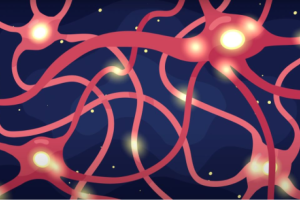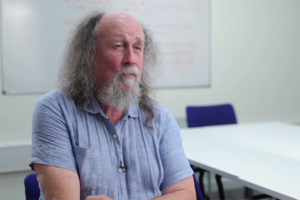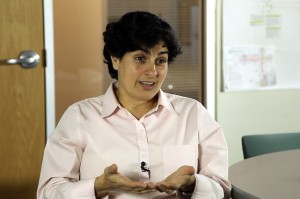The Working Principle of Neurointerfaces
Modern neuroscience, Camillo Golgi and the new generation of prostheses
What are the arguments against the idea that we are purely physical beings? How can this idea be saved? How can we account for consciousness? These and other questions are answered by Susan Linn Sage Professor at the Sage School of Philosophy, Cornell University, Derk Pereboom.
The question here is whether it is possible we can be physical beings that we are and yet be wholly physical. It is an old problem in philosophy whether the mind, and in particular, consciousness, can be accounted for in a physicalistic, or a materialistic, way.
Before the 20th century most people agreed that materialism is false, and the idea was that mentality is in fact non-physical, but especially in the last 50 or 60 years the prevalence of opinion has been we are wholly physical beings and in some sense our minds are just our brains. But yet there is an important problem for this view that comes from consciousness, because we have emotions that are conscious, we have sensations that are conscious. You might smell a rose, for example, there is a certain way it’s like to smell a rose. And that particular sensation that you have – can that be physical?
David Chalmers, for example, suggested that maybe the physical includes consciousness. Maybe the most fundamental particles in the universe have little bits of consciousness in them. This is an old theory called panpsychism – that the physical world, at its very basic level, is conscious.

Modern neuroscience, Camillo Golgi and the new generation of prostheses

Professor of Biosphere and Climate Impacts Iain Colin Prentice on CO2 concentration in nature, photosynthetic ...

MIT Prof. Nergis Mavalvala on Poisson distributed noise sources, squeezed states of light, and optical cavitie...